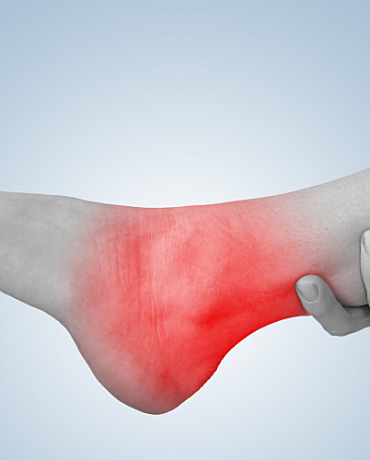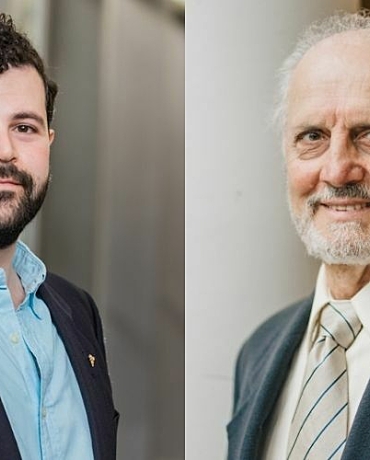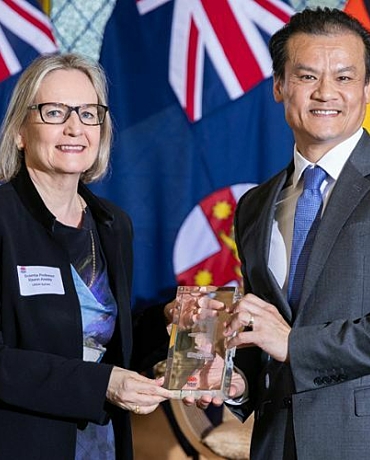There are a lot of tips floating around these days about how to improve or maintain mental wellbeing during lockdowns, but how well do these suggestions work and how long do they take? Many studies assessing wellbeing-boosting activities, known as positive psychology interventions, have been assessed based on face-to-face delivery approaches, using waitlist control groups and typically over the course of two to three months. While positive psychology interventions like acts of kindness, positive reminiscence and self-compassion reflection appear to be effective in these contexts, we wanted to know whether they can be effective when self-administered over shorter timeframes. We also were curious whether there was anything special about the specific tasks recommended compared to other activities people might participate in, like trying new novel activities.
To test this, Ms Miranda Chilver and Dr Justine Gatt from the Gatt Resilience Group at Neuroscience Research Australia and UNSW designed a six-week program with three activities to be delivered online. The program was delivered to 326 university students with a mean age of 19. Each intervention was compared against a similar task not generally regarded as a positive psychology intervention. For instance, when the intervention group did acts of kindness, the control group was asked to change up the normal routine; when the intervention group practiced self-compassion, the control group tried to boost their self-esteem; and when the intervention group wrote about overcoming life challenges, the intervention group wrote about their past.
It was by chance that while running this intervention, the COVID-19 pandemic began in 2020. This meant we were able to test whether the interventions were effective during lockdown conditions experienced in March-April 2020. We found that regardless of the lockdown, the intervention group participants showed significant improvements in their mental wellbeing over the course of the six weeks compared to the control group. We also found that the effects were more apparent in those individuals who demonstrated lower resiliency resources (e.g., social and community inclusion, and family support) at baseline. These individuals also showed reductions in total depression and anxiety symptoms from the intervention. Together, the results highlight the utility of using positive psychology techniques in boosting mental wellbeing in the general population.




